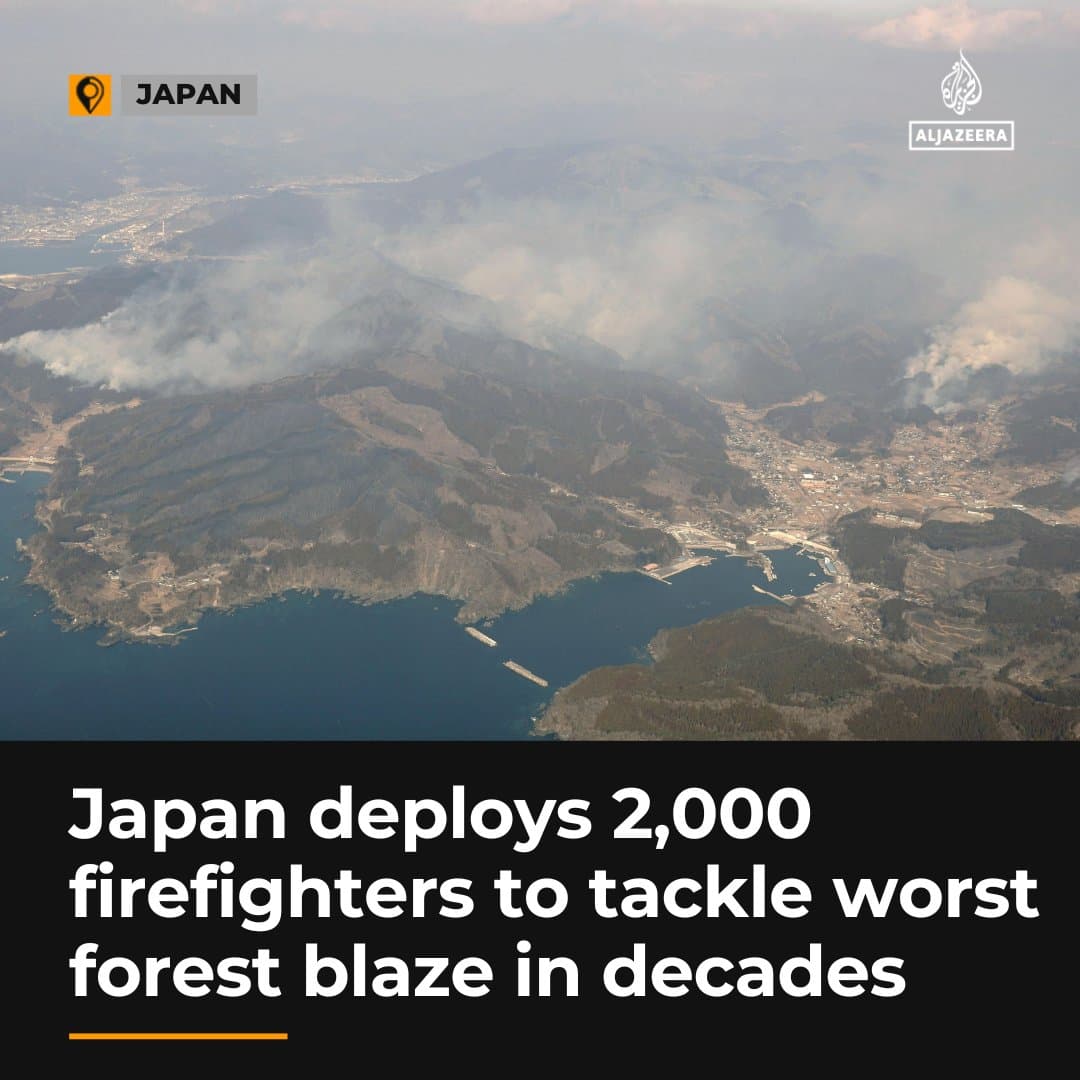Massive missile and drone barrage shatters western Ukraine, Ternopil hit
Russian forces launched a heavy overnight assault on Ukraine on November 19, striking energy and transport nodes and tearing through residential blocks in the western city of Ternopil. The scale of the attack and damage to civilian infrastructure has deepened fears of winter hardship, prompted cross border military precautions in Poland, and heightened calls for more Western air defence support.

Russian forces mounted a heavy air campaign against Ukraine overnight on November 19, firing hundreds of drones and scores of missiles that struck energy networks, transport infrastructure and residential areas across multiple regions, Ukrainian officials and Reuters witnesses said. Western cities that had previously been spared the most destructive raids were hit, underscoring the reach of Moscow s campaign as temperatures fall and energy demand rises.
In the regional city of Ternopil an apartment block suffered catastrophic damage when the upper floors were torn away, emergency services reported. Crews combed through rubble amid thick dust and smouldering debris, and authorities said dozens had been killed while many more were injured or missing. Ukrainian Interior Minister Ihor Klymenko described a scene of severe destruction and urged intensified rescue efforts to find people trapped beneath the debris.
Officials reported strikes on energy facilities across several regions, prompting emergency power cuts intended to preserve capacity ahead of the winter peak. The damage to power and transport infrastructure has immediate humanitarian implications, disrupting heating and mobility for millions and compounding the dangers faced by those made homeless by the attacks.
The sheer volume of incoming drones and missiles suggested a deliberate attempt to overwhelm Ukrainian defences, and Kyiv s leaders used the assault to renew appeals for additional air defence systems from Western allies. Ukrainian officials said they would present the strikes to a meeting of the U.N. Security Council, framing the attack as both a security and humanitarian crisis that demands international attention.
Poland, a frontline NATO member and immediate neighbour, temporarily closed several airports in its southeast and scrambled fighter aircraft as a precautionary measure, reluctant steps that reflected alarm in capitals across the alliance about spillover risks. While there were no confirmed reports of cross border hits, the movement of military assets and temporary flight restrictions signalled heightened regional tension.
The attack adds to a pattern of strikes that have focused on civilian infrastructure and essential services, raising questions about compliance with international humanitarian law and the protections owed to civilians in conflict. Legal experts and diplomats have increasingly framed attacks on energy systems that directly affect civilian survival as matters of international concern, particularly during winter months when loss of heating can be life threatening.
Humanitarian agencies are likely to face constrained access as rescue operations continue and damage assessments are compiled, complicating relief and reconstruction planning. For Kyiv, the raid is also a diplomatic lever, meant to press partners for more robust defensive arms and to secure a stronger international response at forums such as the U.N. Security Council.
As rescue teams continue to search for survivors in Ternopil and technicians work to stabilise energy networks, the broader implications of the assault are already unfolding. The strikes have not only inflicted immediate human suffering, they have also deepened the strategic stakes for Ukraine and its neighbours as winter approaches.


